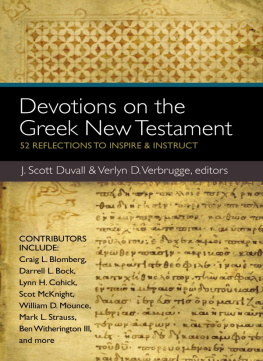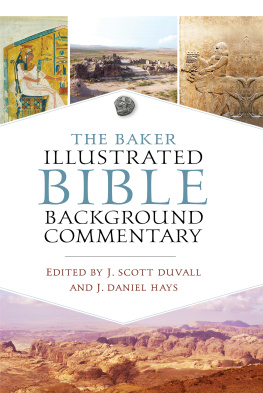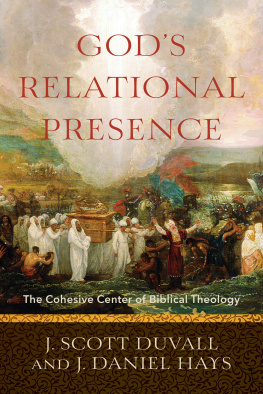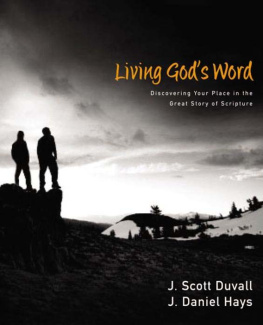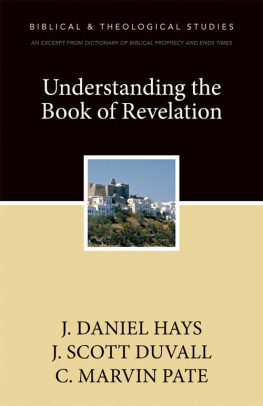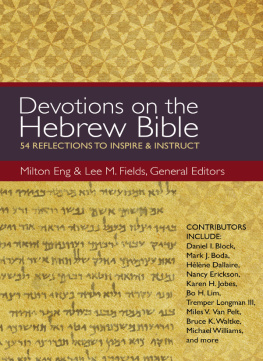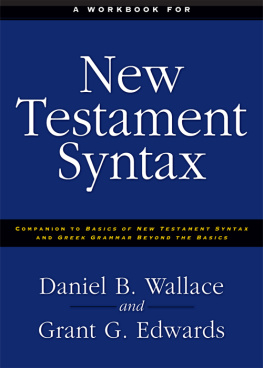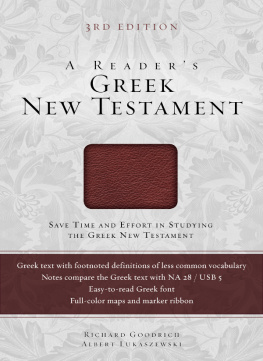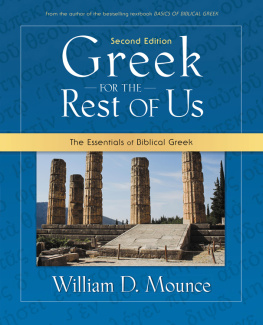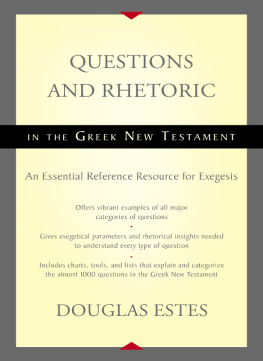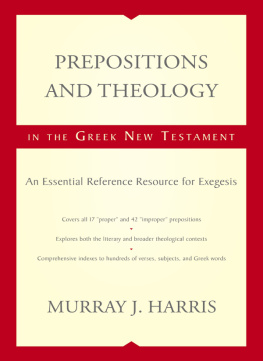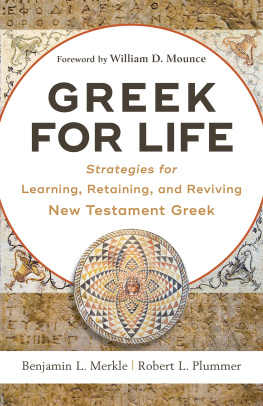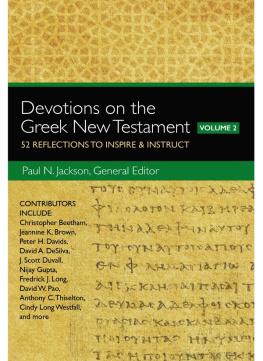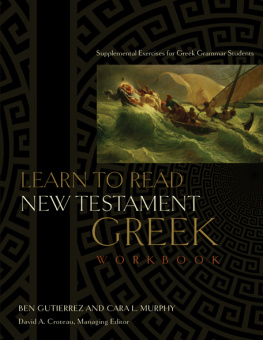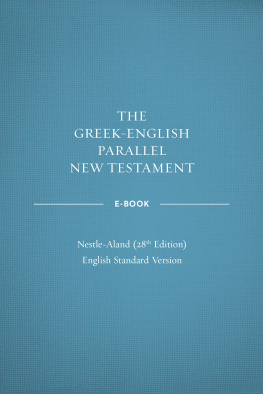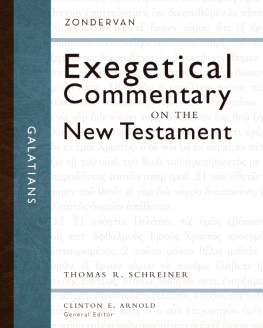O ne of the common questions students wonder about when they are doing Greek exegesis in class is whether they will be able to keep it up as they enter a busy ministry. Moreover, they ask themselves, Does it really make a difference in the understanding and application of the Bible? What can you gain from reading a passage in Greek that you cannot gain from an English translation?
The need to know why you are studying Greek, particularly in relation to the ultimate purpose of strengthening your walk with the Lord, never fades into the background. With that purpose in mind, we have edited and contributed to Devotions on the Greek New Testament to help students (and professors) keep their study of Greek a deeply Spiritual experience.
The book includes fifty-two short devotions drawn from select passages throughout the Greek New Testament. A diverse group of authors, all experts in the area of New Testament Greek exegesis, offer a varied collection of devotions. Some insights focus on particular words and their role in the passage, while others highlight background studies or provide a theological reading of the passage. Some contributions diagram the passage, others trace important literary patterns such as chiasms, and still others draw attention to the connections between the Old and New Testaments. Each devotion draws students into translating a short passage and understanding why this or that insight matters greatly for our life and ministry.
We hope that Devotions will help motivate you to endure in your Greek studies. Alongside first-class grammars, vocabulary guides, and handbooks on exegesis, this short collection of devotions will go a long way toward keeping you in the game. One of the most formidable tasks teachers face in a Facebook and Twitter world is keeping student interest and motivation high. In this book, you will find a friend and ally in this important task.
The often-quoted dictum printed in the preface to Johannes Albrecht Bengels 1734 edition of the Greek New Testament remains as true today as it was then: Apply yourself totally to the text; apply the text totally to yourself. We offer this small contribution to this larger kingdom purpose of knowing and loving our Lord Jesus Christ.
J. Scott Duvall and Verlyn D. Verbrugge,
editors and contributors
Scott Duvall actually proposed this book on Greek devotions about seven years ago. At that time Zondervan was building its library of basic Greek resources for first and second year Greek, and Zondervan is proud of the authors who have written so many resources that have become the standard in colleges and seminaries. But at that time, we did not focus on students keeping their Greek as they left their schools to become pastors and teachers.
That time has come. When I asked Scott if he might now be able to undertake this project, he was in the middle of several significant writing projects. So I suggested that perhaps as editor at Zondervan, I could partner with him on helping with the busy work of contacting scholars to submit contributions. I could not ask for a better working relationship with an author/scholar to put together this set of devotions, and we are thankful to God that this book has now been published.
Verlyn D. Verbrugge
I was pleasantly surprised when Verlyn suggested that Zondervan was interested in revisiting the book on Greek devotions. Working with Verlyn has been an honor and a privilege. His linguistic expertise is top-tier and he uses his gifts as a scholar/pastor to draw people closer to Christ. He has done more than his fair share of work on the project, including contacting potential authors, giving careful editorial attention to the contributions, and coordinating much of the work. In short, the book would not have been published apart from Verlyns significant involvement. Im deeply grateful for the opportunity to coedit this small volume with Verlyn Verbrugge, a servant of Christ whom I greatly respect.
J. Scott Duvall
, , .
W hat does biblical righteousness look like in practice? When confronted with what appeared to be a clear case of unfaithfulness on the part of his betrothed, Joseph decides to divorce her quietly. Matthew 1:19 indicates two key factors (besides the presumption of Marys guilt) that help us understand his plan for dealing with the issue. These two factors are indicated in two participles that appear between the opening reference to Joseph as Marys husband and the final clause, which contains the main verb and tells us his decision.

